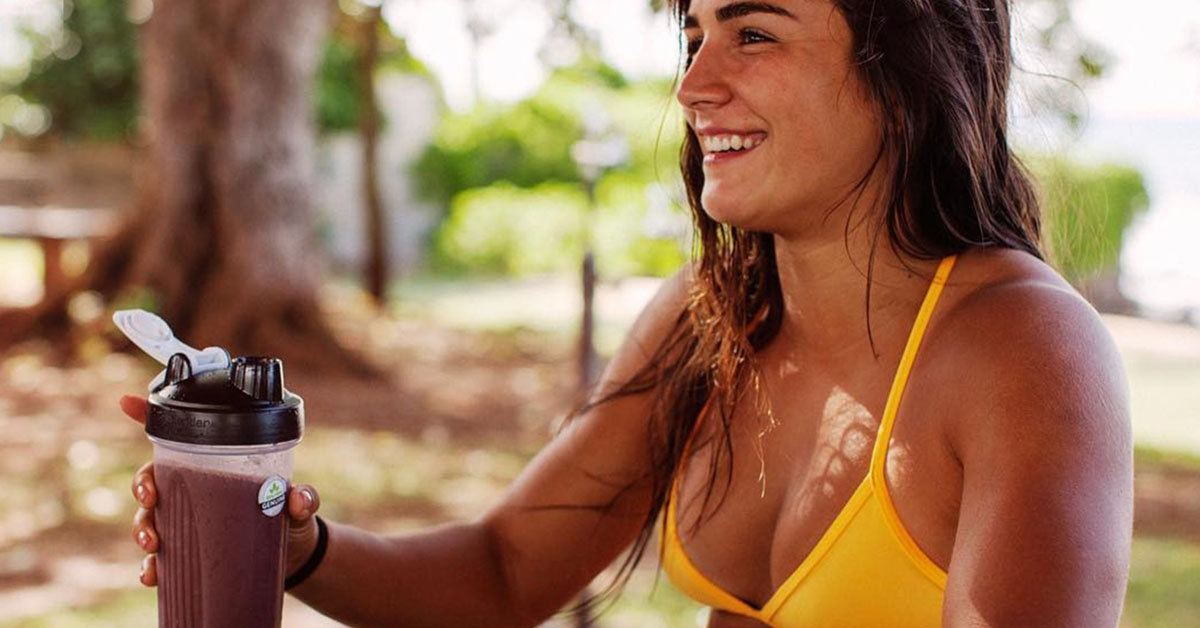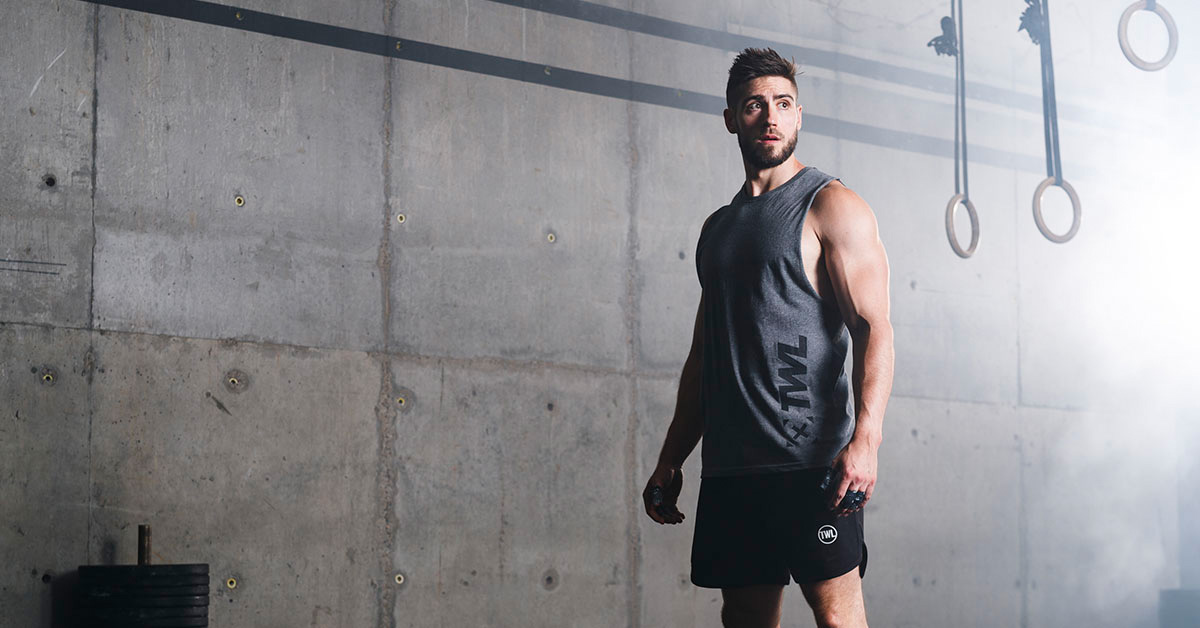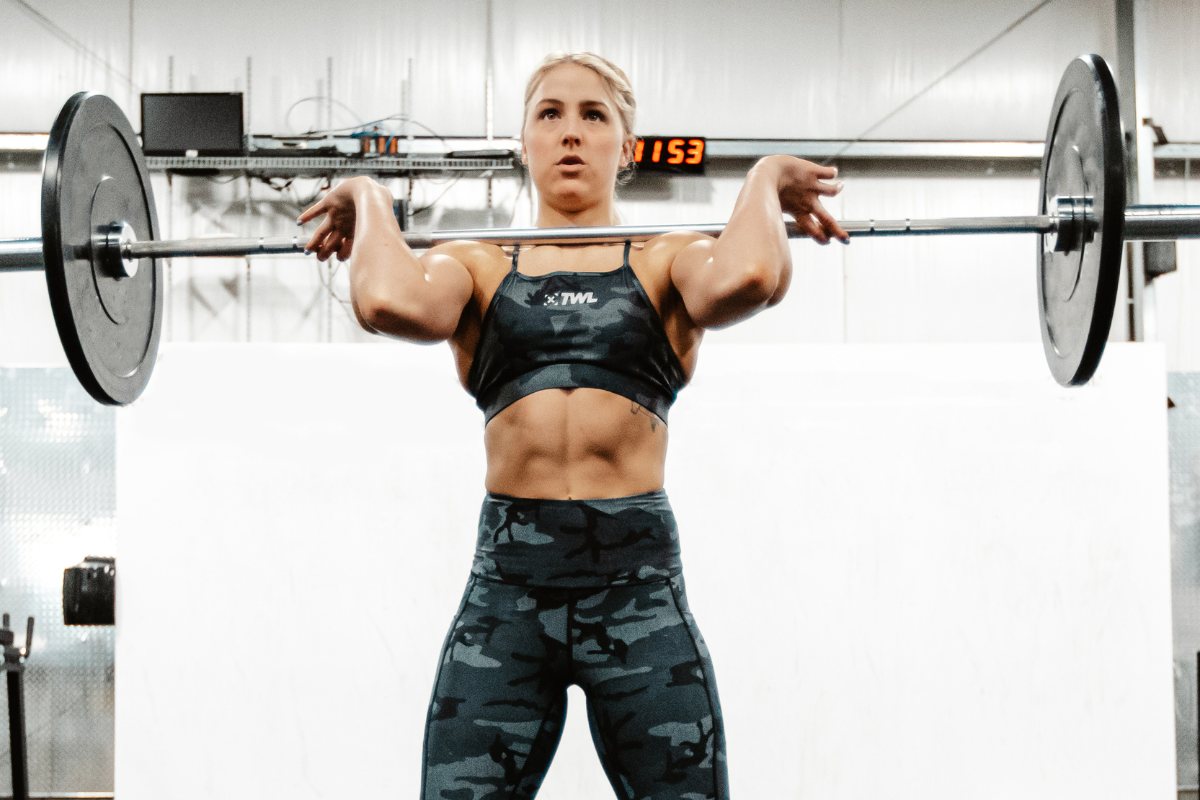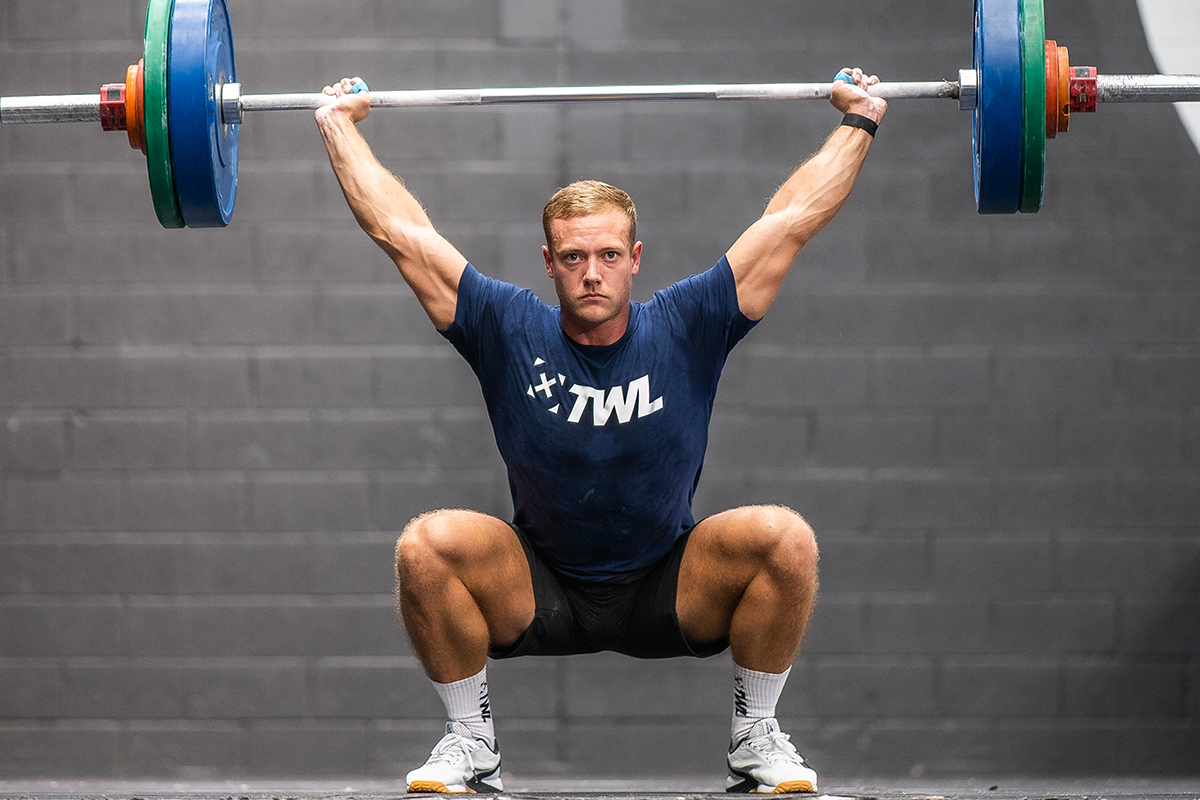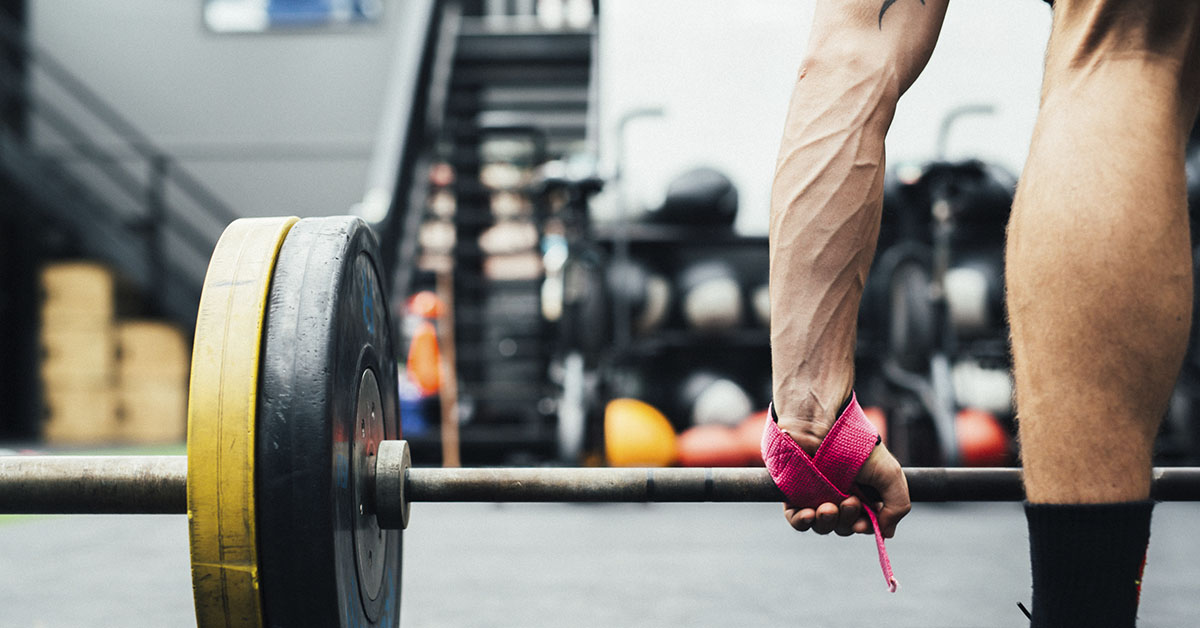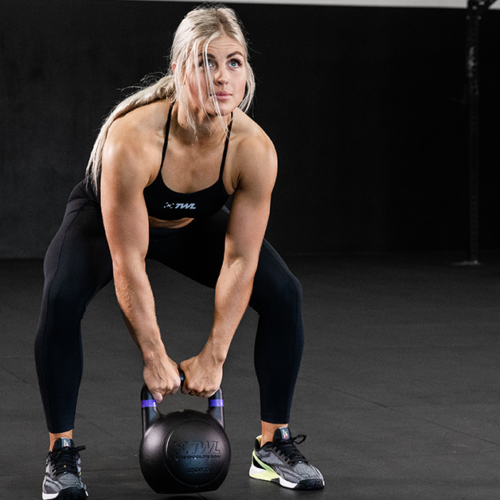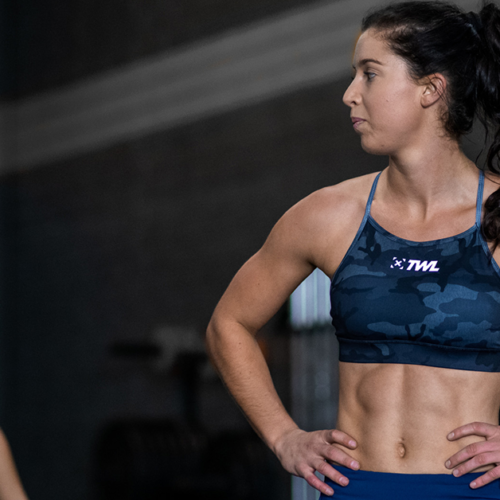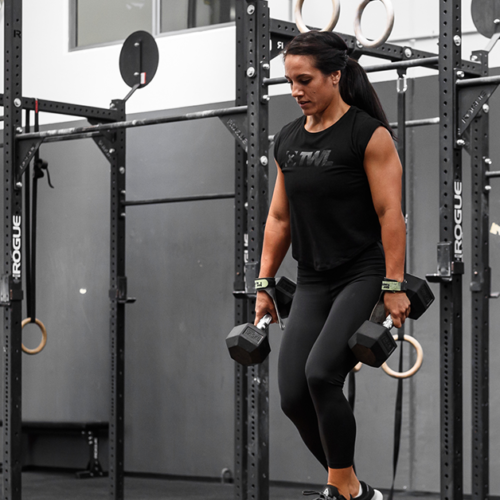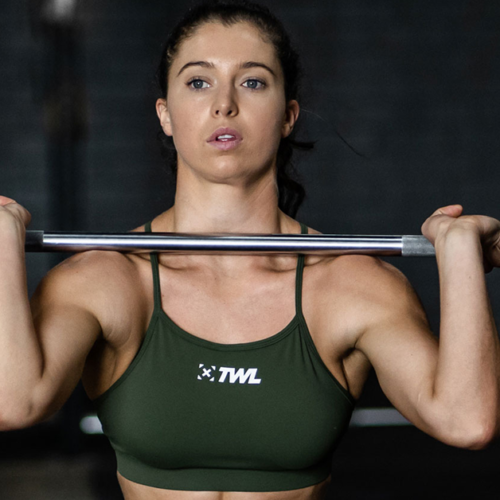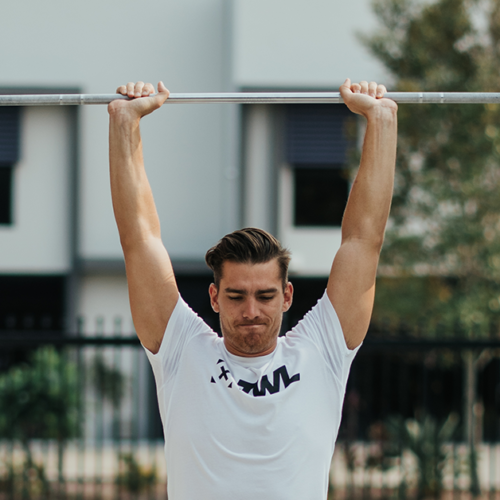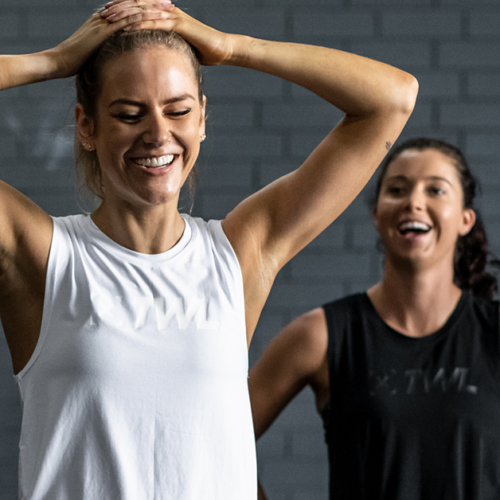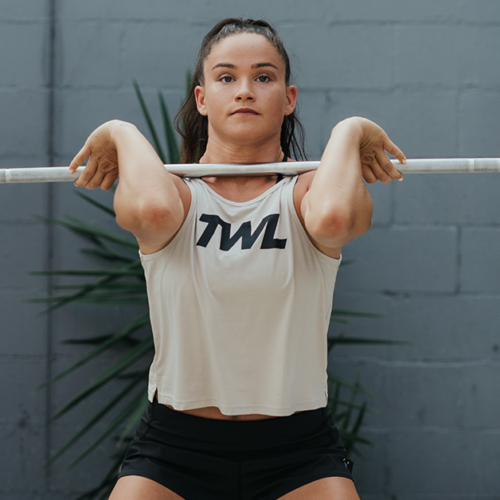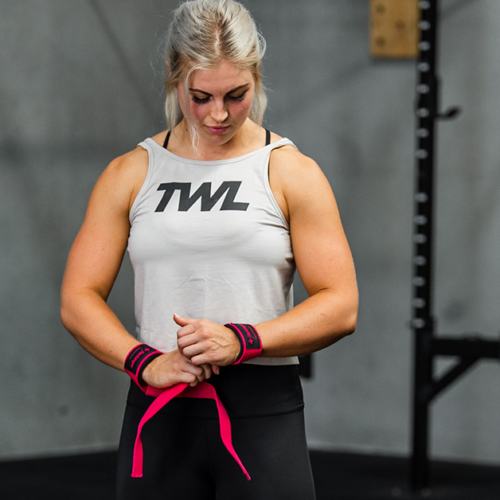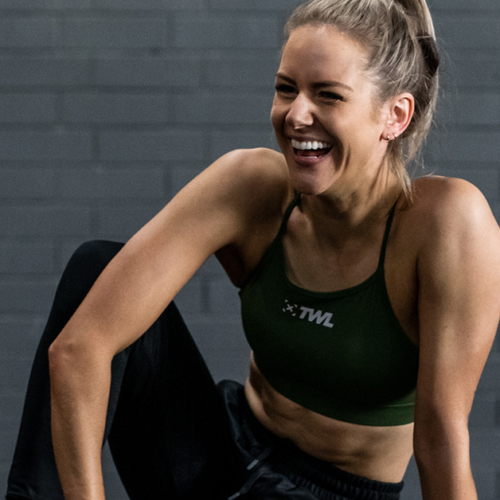Do you ever wonder how pro athletes can train multiple times per day, at a high intensity? Well, their strength is one thing but the secret to their great performance actually lies in how good their recovery is. Athletes who make a serious effort to recover by getting the rest they need after an intense workout wake up feeling fresh and ready to hit the gym the next day. Now, resting may sound lame compared to learning the latest snatch technique — but it is one of the easiest performance strategies to maximize your strength and gain quicker results. With that, here are eight ways to improve your rest.
1. Don’t Skip the Cooldown
The cooldown is an important post-workout routine. It decreases lactic acid build-up in your muscles and therefore decreases muscle fatigue. Do this right and you won’t wake up the next day feeling heavy and sore. Immediately after finishing your WOD, cool down with some light activity like biking, jogging or simply doing stretches. Normally, a 10- to 15-minute cooldown should do the trick, but you can always adjust the time depending on how intense your workout is. The more intense the workout, the more time you should spend cooling down.
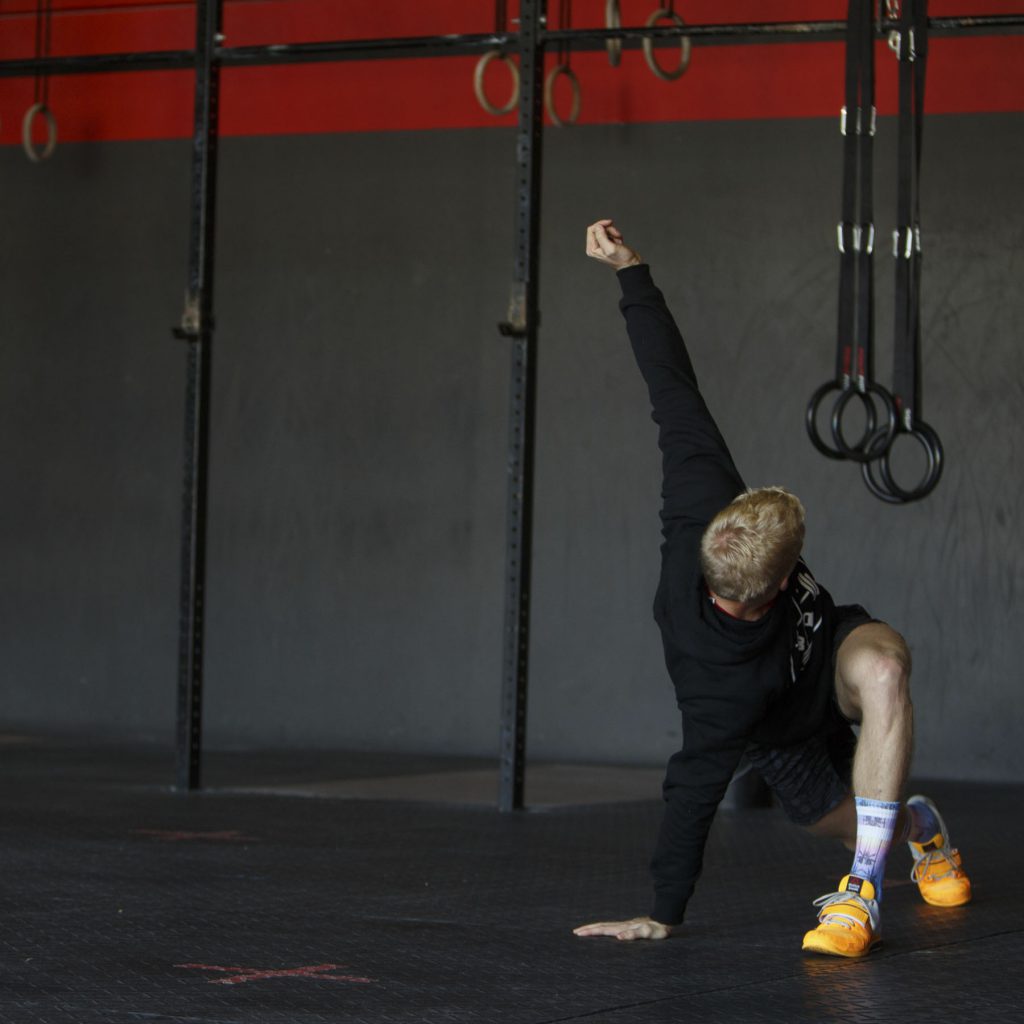
2. Replenish Your Electrolytes
You may think that drinking water is enough to maintain hydration after an intense workout, but it’s actually not. Every time you sweat, your body loses the needed electrolytes that maintain your fluid balance. Without electrolytes, it’s hard for your body to absorb the water and nutrients that you’re taking in. If your body’s electrolyte supply stays low, you may experience symptoms like muscle cramps, fatigue or worse, mental confusion.
To prevent this, it’s important that you replace these lost electrolytes within 30 minutes after your WOD. Instead of reaching for that sports drink (which can be loaded with artificial ingredients), try consuming natural electrolyte boosters like kale, bananas, avocados or coconut water.
3. Eat Well Daily
In order to recover and perform the next day, you need to eat welI. Eating balanced meals containing protein, good fats and complex carbs throughout the day works best. Protein from meat supports protein synthesis and muscle repair. Eating good fats from fish improves body composition and makes you leaner. Antioxidants from fruits and vegetables protect your muscles from cell damage; and the phytochemicals that you can get from vegetables help repair connective tissues and reduce any inflammation.
4. Don’t Forget Your Supplements
Sometimes what we eat or drink is not enough to repair and replenish cells. Supplements are here to save the day! However, you need to think beyond protein shakes and consider other options if you want to maximize your recovery. Here are some of our picks:
Omega 3s/fish oils: a staple supplement for many athletes that can help reduce cell inflammation resulting from intense exertions. We love Puori O3.
Magnesium: a great post-workout supplement. Not only does it help you sleep better but it also helps in relaxing the muscles and maintaining the electrolyte balance in your body.
Vitamins A, C and E: contain antioxidant properties which can prevent the damage of muscle cell membranes.
5. Consider Cryotherapy
After a tough WOD, you may benefit from cryotherapy, or cold therapy. This involves the use of cold temperatures (like an ice bath, for example) to alleviate muscle soreness and speed up recovery. If you don’t have access to an ice bath or cryotherapy clinic — or if you happen to hate the cold — you can try a contrast shower. Start with a hot shower for 60 seconds, then switch it over to a cold shower for 30 seconds. Repeat this for five to seven cycles.
6. Get a Massage
There’s a reason why some athletes like to spend money on massages — it aids beautifully in recovery. A deep tissue massage relieves stress, soothes pain and heals injuries by promoting blood flow to strained muscles. Increased blood circulation also helps the body and mind to relax, enabling you to have a good night’s sleep.
You can get regular professional massages from a therapist or at a spa but if your monthly budget doesn’t allow it, you can always opt for a do-it-yourself massage session using foam rollers and massage balls.
7. Sleep Like Your Life Depends on It
Not getting enough sleep is a total no-no for athletes because it wrecks your body’s recovery process. If you’re taking too long to recover between sessions, it’s a sign that you need more ZZZs. Try going to bed one hour earlier at night, or schedule two sessions of 30-minute power naps within the day. These might not sound like a lot, but this extra rest can rejuvenate your mind and body. If you’re that busy and can’t find time to get more sleep, then at least get better sleep. Here are some things you can do that might help:
- Sleep in total darkness: any source of light while you sleep disrupts hormone levels and decreases the effectiveness of sleep. Make sure to get rid of your clock, phone charger and night light.
- Sleep in a cool room: when we fall asleep, our bodies naturally cool off. Helping get your body to that lower temperature faster can encourage deeper sleep.
- Go to bed at the same time every day: pick a sleeping schedule and stick with it, even during weekends. This helps your body clock stay in tune and keeps your sleep-wake cycles more consistent.
- Skip the coffee: avoid intake of caffeine the last few hours before you hit the sack.
- Disconnect yourself from gadgets: turn them off 15 minutes before you go to bed, if not sooner.
- Meditate and breathe: if you ever find yourself lying awake at night, unable to turn your brain off long enough to fall asleep, you’ll benefit from regularly practicing meditation. Focusing your mind on one thing (like your breathing) helps you to block out distractions, quiet your mind and bring yourself into a state ready for sleep.
8. Know When to Rest
There is no denying that intense workouts can be addicting. Yes, it’s fun; but pushing yourself too hard even if your body is already shouting “stop” is not a smart move. As an athlete, you need to listen to your body. Ask yourself: do I feel weak today? Am I still sore somewhere? Am I prepared with adequate sleep and nutrition? If you feel that your body is not ready for another WOD, don’t be afraid to take a rest day, because that may just be what your body needs.

